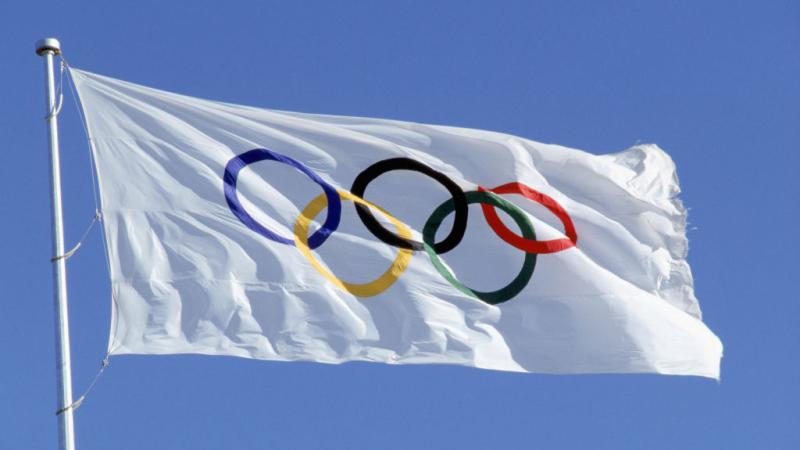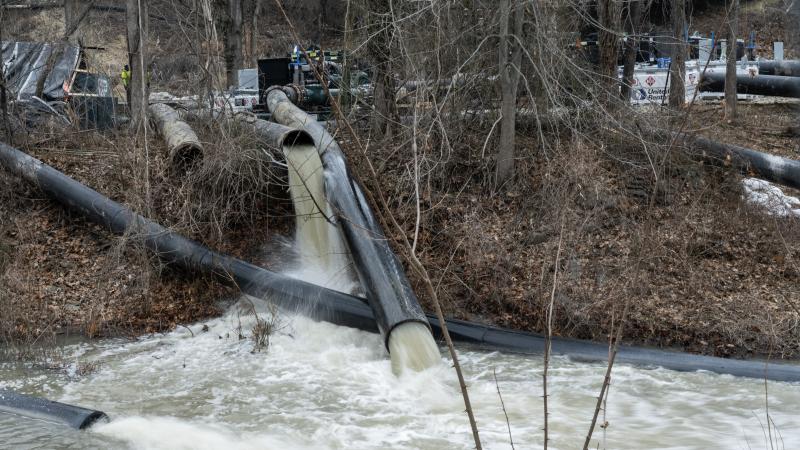California governor vetoes bill that would have allowed safe drug consumption sites in some cities
Newsom expressed concerns about the operations of infection sites “without strong, engaged local leadership.”
California Gov. Gavin Newsom vetoed a bill Monday that would have allowed supervised injection sites for illegal drugs in certain California cities.
Senate Bill 57 would have authorized the city and county of Los Angeles, the city and county of San Francisco and the city of Oakland to operate overdose prevention programs until January 2028. The programs would have included supervised hygienic spaces where people can use pre-obtained drugs with on-site staff who can monitor for overdose and provide referrals to substance use disorder treatment programs.
In a veto message, Newsom wrote that he has “long supported the cutting edge of harm reduction strategies,” but has concerns about the operations of infection sites “without strong, engaged local leadership and well-documented, vetted, and thoughtful operational and sustainability plans.”
“The unlimited number of safe injection sites that this bill would authorize - facilities which could exist well into the later part of this decade - could induce a world of unintended consequences,” the governor wrote. “It is possible that these sites would help improve the safety and health of our urban areas, but if done without a strong plan, they could work against this purpose.”
This is the second time a proposal to authorize safe consumption sites in California has been vetoed. In 2018, then-Gov. Jerry Brown vetoed a similar proposal. At the time, Newsom, who was campaigning for governor, had expressed interest in a pilot program for safe injection sites in San Francisco, the San Francisco Chronicle reported.
Supporters of the bill argued that safe injection sites were a needed intervention to address California’s overdose crisis. State data shows opioid-related overdose deaths have been increasing in California in recent years, climbing from 3,244 deaths in 2019 to 5,500 in 2020. Preliminary data from 2021 show nearly 6,850 opioid-related overdose deaths, according to the state’s overdose surveillance dashboard.
The bill’s author, Sen. Scott Wiener, D-San Francisco, called the veto “tragic” and the loss of a “huge opportunity” to address drug overdose deaths in California.
“By rejecting a proven and extensively studied strategy to save lives and get people into treatment, this veto sends a powerful negative message that California is not committed to harm reduction,” Wiener said in a statement. “We don’t need additional studies or working groups to determine whether safe consumption sites are effective. We know from decades of experience and numerous peer-reviewed scientific studies that they work.”
Wiener and other supporters of the legislation argued that several other cities across the nation and world have already effectively launched safe consumption sites to reduce public drug use. In November, New York City opened two consumption sites, and Rhode Island has passed legislation to authorize the operation of safe injection sites.
The bill garnered strong opposition from law enforcement groups across the state and the Senate Republican Caucus. The caucus sent a letter to Newsom earlier this month urging him to veto the bill.
“Glad to see the governor veto this. People struggling with addiction need help, not a legal place to shoot up,” Senate Republican Leader Scott Wilk, R-Santa Clarita, said in a statement Monday. “I look forward to working with the governor to convince Democrats in the legislature that a compassionate approach to addiction is better done through medical and mental health treatments.”
Law enforcement groups who opposed the bill argued it would send the wrong message about drug use.
“The drug injection sites permitted by SB 57 would send a message to our youth that drugs can be done safely, enables those suffering from addiction to use drugs rather than help them into treatment, and undermines law enforcement efforts to target drug traffickers by giving them a seemingly legitimate market,” Orange County Sheriff Don Barnes wrote in a letter to Newsom earlier this month. “Rather than helping the addict, this bill is the equivalent of buying an arsonist a new box of matches.”
Within his veto message, Newsom said he is instructing the Secretary of Health and Human Services to convene city and county officials to discuss minimum standards for safe injection sites and overdose prevention programs. The governor said he remains “open to this discussion” when the officials can develop recommendations for a limited pilot program.
Wiener said that though the veto is a “major setback,” he will “continue to fight to end the War on Drugs and focus on drug use and addiction as the health issues that they are.”














